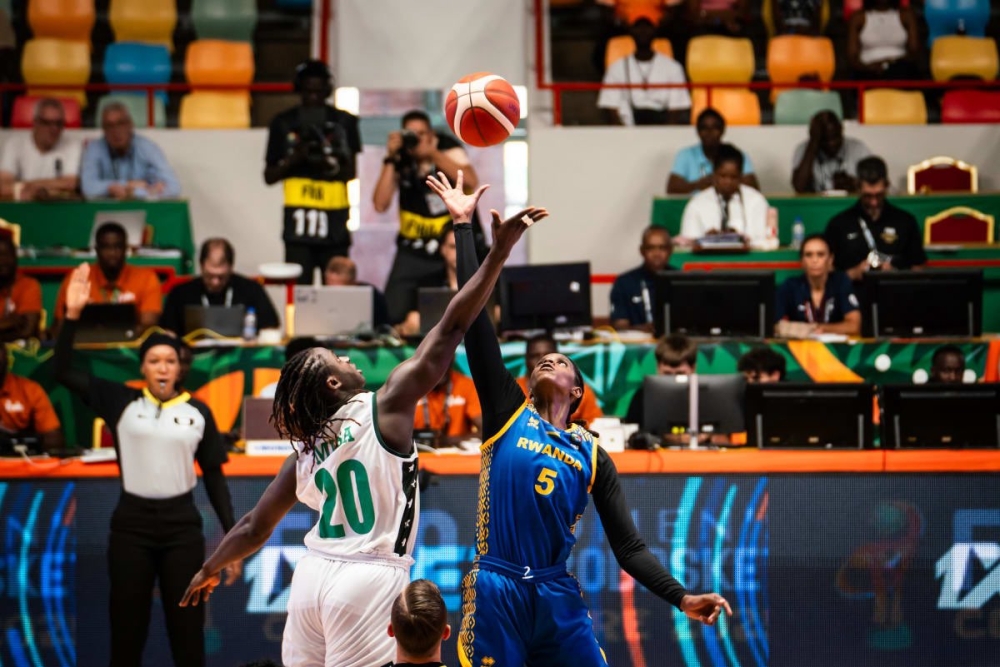Within one week of the capture of the Congolese city of Goma by the M23 rebels, many things have happened. Kinshasa now seems to be taking a different route in dealing with the issue.


Within one week of the capture of the Congolese city of Goma by the M23 rebels, many things have happened. Kinshasa now seems to be taking a different route in dealing with the issue. But the process or attack that led to the capture of the eastern DRC city speaks volumes about what is wrong with the DRC.Without doubt, something is fundamentally wrong with the geographical entity known as DRC. The current leadership in Kinshasa cannot wash its hands free of any blame. In addition to that, there is something deeply flawed about how the process of nation building, if at all we should call it that, has been undertaken in Congo over the years. Many Sub-Saharan countries are characterised as fragile states in almost all academic studies and publications, especially by western scholars and Africa area experts. These states are seen as lacking allthe basic tenets of a modern legitimate state. For DRC, as of now it is beyond a fragile state. It is on the path to a failed state in whole. Currently, in many places of the DRC, the state is simply absent.When this is coupled with competing interests, both of local elites and many others serving foreign interests, it all becomes confusion. The centre in Kinshasa should always be able to make decisions that are of strategic value. But with a new beginning; through regional mediation, there is hope for a better outcome.The best hope for Congo cannot be in the current noises that the ‘international community’, mainly influenced by interests in the West, are making. The fact that international institutions and Western governments have come to a conclusion that the current insurrection in eastern DRC is a creation of Rwanda, says much about why they should keep away.Either they know the source of the problem and seek to callously blame a neighbouring country, or they simply do not understand the underlying problems of DRC in particular and the wider Great Lakes region in general.Many Western people with passing interest of Africa believe that conflicts in most of Africa are simply a symptom of the nature of the black man. That Africans have not evolved enough to be able to liveharmoniously together. That such conflict is just "how they are”. No need for further explanation or study!These are people who never think that there can be just causes worth fighting for by Africans.The kind of treatment that follows, like the heaping of blame on a neighbour etc, is all about that perception that is reserved for the African. To explain such perceptions, some Africans have bluntly said it is racism. But others fear to speak out lest they be accused of being "angry black people.”On the particular issue of the Congo conflict, it is important that the United Nations and other Western controlled international organisations seek a better understanding of this conflict before coming up with simplistic reports containing allegations that can not stand. They should be helped to get a clear understanding of the region. Again, there is also a need to pause and ask why missions by the UN in this region have always failed. Let’s leave aside the issue of what their mandate is: The shear size of their budgets should ideally be a reason for success. The fact that failure is always what follows such deployments or interventions calls for a radical shift in the nature of such UN operations.The best the UN and other Western-dominated international institutions can do is to support regional initiative to resolve regional problems. And regional efforts should also be a mechanism for supporting internal process in the affected country, not coming in as an alternative foreign force, because that is also most likely to fail.Also, the simple fact that the DR Congo army has scattered without putting up a meaningful fight is evidence enough that state institutions in Congo require an overhaul because they are largelydysfunctional.To solve the current crisis in the DRC will require more than dealing with the original grievances of the mutiny that has now become a major rebel movement. Instead of intervening to complicate the situation, focus should only be in providing meaningful and necessary assistance to jumpstart internal mechanisms for a lasting solution to wider problems that afflict the vast DRC.On Twitter: @kagabo




